October 13, 2016 •
Yukon Territory General Election Called for November 7, 2016
On October 7, Premier Darrell Pasloski announced Yukon’s general election to elect the 34th Yukon Legislative Assembly will be held on November 7, 2016. Pasloski also directed Yukon’s Commissioner Doug Philips to dissolve the 33rd Legislative Assembly and to issue […]
 On October 7, Premier Darrell Pasloski announced Yukon’s general election to elect the 34th Yukon Legislative Assembly will be held on November 7, 2016. Pasloski also directed Yukon’s Commissioner Doug Philips to dissolve the 33rd Legislative Assembly and to issue the writs of election.
On October 7, Premier Darrell Pasloski announced Yukon’s general election to elect the 34th Yukon Legislative Assembly will be held on November 7, 2016. Pasloski also directed Yukon’s Commissioner Doug Philips to dissolve the 33rd Legislative Assembly and to issue the writs of election.
The November election period will extend from October 7, the date the writ was issued, to the return date of the writ, which will occur on Monday, November 14.
October 12, 2016 •
Fall Legislative Assembly Session Cancelled in British Columbia
The provincial government cancelled the fall 2016 legislative session on the day it was scheduled to begin. Another session is not intended until February ahead of the May 9, 2017, general election. The Official Opposition is calling for the Legislature […]
 The provincial government cancelled the fall 2016 legislative session on the day it was scheduled to begin. Another session is not intended until February ahead of the May 9, 2017, general election.
The provincial government cancelled the fall 2016 legislative session on the day it was scheduled to begin. Another session is not intended until February ahead of the May 9, 2017, general election.
The Official Opposition is calling for the Legislature to meet in October to introduce the 2017 provincial budget and to address funding to remedy the current housing crisis and loopholes in the province’s rent control laws.
This is the third time in five years the fall session has been cancelled.
Photo of the main block of the British Columbia Parliament Buildings by Ryan Bushby on Wikimedia Commons.
October 7, 2016 •
Ontario Bill Banning Corporate Contributions Moves Forward
On October 4, Ontario’s campaign finance bill banning corporate contributions was referred to a standing committee. Bill 2, Election Finances Statute Law Amendment Act, 2016, was introduced in the Legislative Assembly of Ontario in September to amend the current campaign […]
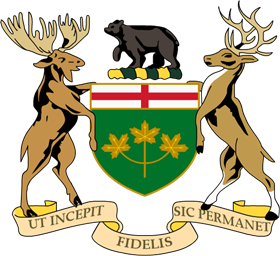 On October 4, Ontario’s campaign finance bill banning corporate contributions was referred to a standing committee. Bill 2, Election Finances Statute Law Amendment Act, 2016, was introduced in the Legislative Assembly of Ontario in September to amend the current campaign finance laws.
On October 4, Ontario’s campaign finance bill banning corporate contributions was referred to a standing committee. Bill 2, Election Finances Statute Law Amendment Act, 2016, was introduced in the Legislative Assembly of Ontario in September to amend the current campaign finance laws.
The bill prohibits corporations, unions, and unincorporated groups not affiliated with political parties from making political contributions to parties, candidates, constituency associations, and nomination and leadership contestants.
Individuals, who may now make political contributions in the amount of up to $33,250, would be limited to maximum contributions of $3,600. Specifically, an individual could give $1,200 to a party each year, $1,200 to the candidates of a party in an election period, and $1,200 to the constituency associations and nomination contestants of a party each year. Additionally, individuals would be limited to giving a maximum of $1,200 to each leadership contestant of a party per calendar year. Among the other changes in the bill are disclosure requirements for political parties concerning fundraisers.
If passed, the law would come into force on January 1, 2017.
September 13, 2016 •
NDP Criticized as it Attempts to Change Alberta’s Campaign Finance Limits
Opposition parties say legislative members in Alberta are attempting to rush through campaign finance changes to disproportionately benefit the New Democratic Party. NDP members have proposed a $4,000 annual limit on political contributions to political parties, constituency associations, nominated candidates, […]
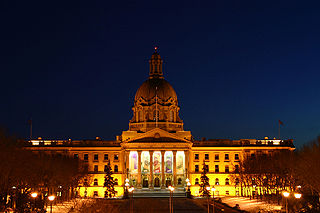 Opposition parties say legislative members in Alberta are attempting to rush through campaign finance changes to disproportionately benefit the New Democratic Party.
Opposition parties say legislative members in Alberta are attempting to rush through campaign finance changes to disproportionately benefit the New Democratic Party.
NDP members have proposed a $4,000 annual limit on political contributions to political parties, constituency associations, nominated candidates, candidates seeking nomination, and party leadership contestants. Current limits are $15,000 to a political party and $5,000 to constituency associations, with the limits increasing to $30,000 and $10,000, respectively, in a campaign year.
Currently there are no set limits on political contributions for leadership and nomination campaigns; each party sets its own rules. Opposition members agree with reduced contribution limits, but argue limits in nomination races and leadership campaigns would reduce the available resources necessary for a party to effectively fight an election. The legislative committee examining the election financing legislation must complete its work before the committee is dissolved September 28.
Photo of the Alberta Legislative Building by Tkyle on Wikimedia Commons.
On September 12, Cristina De Caprio becomes the lobbyist registrar for the city of Toronto, Ontario. De Caprio will replace Stephen Littlejohn, who served as the interim lobbyist registrar following the retirement of Linda Gehrke in the spring. De Caprio’s […]
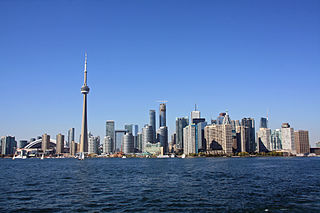 On September 12, Cristina De Caprio becomes the lobbyist registrar for the city of Toronto, Ontario. De Caprio will replace Stephen Littlejohn, who served as the interim lobbyist registrar following the retirement of Linda Gehrke in the spring.
On September 12, Cristina De Caprio becomes the lobbyist registrar for the city of Toronto, Ontario. De Caprio will replace Stephen Littlejohn, who served as the interim lobbyist registrar following the retirement of Linda Gehrke in the spring.
De Caprio’s duties will include implementing new additions to the lobbying law, which became effective in May. Among those newer responsibilities are the power of the registrar to impose certain conditions on new and existing registrations when a lobbyist has been found in violation of the law. The registrar also has the power to impose a temporary ban against a lobbyist found in violation of the law.
The City Council unanimously appointed Cristina De Caprio as lobbyist registrar at its July meeting.
Photo of the Toronto skyline by Christine Wagner on Wikimedia Commons.
August 25, 2016 •
New Manitoba House Leader Appointed
Premier Brian Pallister announced the appointment of Andrew Micklefield, Member of the Legislative Assembly for Rossmere, as the government’s new house leader. Micklefield was preceded by Health Minister Kelvin Goertzen, who held the position as house leader for a decade. […]
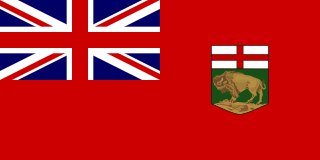 Premier Brian Pallister announced the appointment of Andrew Micklefield, Member of the Legislative Assembly for Rossmere, as the government’s new house leader.
Premier Brian Pallister announced the appointment of Andrew Micklefield, Member of the Legislative Assembly for Rossmere, as the government’s new house leader.
Micklefield was preceded by Health Minister Kelvin Goertzen, who held the position as house leader for a decade.
The formal swearing-in ceremony for Micklefield has yet to been determined.
August 23, 2016 •
Ontario Legislative Assembly Continues Consideration of Campaign Finance Legislation
On August 22, Government House Leader Yasir Naqvi released proposed amendments to a campaign finance reform bill the Ontario Legislative Assembly has been considering this session. The Election Finances Statute Law Amendment Act, 2016, Bill 201, was introduced on May […]
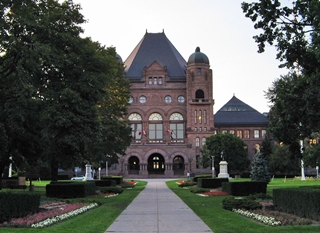 On August 22, Government House Leader Yasir Naqvi released proposed amendments to a campaign finance reform bill the Ontario Legislative Assembly has been considering this session. The Election Finances Statute Law Amendment Act, 2016, Bill 201, was introduced on May 17.
On August 22, Government House Leader Yasir Naqvi released proposed amendments to a campaign finance reform bill the Ontario Legislative Assembly has been considering this session. The Election Finances Statute Law Amendment Act, 2016, Bill 201, was introduced on May 17.
Changes in the newly proposed amendments include lower contribution limits. However, the amendments do not address the “cash-for-access system” that allows those making large political contribution to have personal and interactive contact, such as dinners, with public officials, according to The Globe and Mail. The bill has been considered since June by the Standing Committee on General Government. This and other amendments are expected to be debated in the coming weeks.
Photo of the Ontario Legislature by on Wikimedia Commons.
August 23, 2016 •
Lobbyist Registration Required in Saskatchewan
Saskatchewan’s Lobbyist Act is officially effective today. Under the Act, people who are paid to lobby elected Saskatchewan government members and civil servants must register their activities. Lobbyists have 30 days to register with the new online database which launched […]
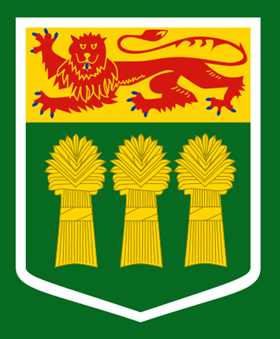 Saskatchewan’s Lobbyist Act is officially effective today. Under the Act, people who are paid to lobby elected Saskatchewan government members and civil servants must register their activities.
Saskatchewan’s Lobbyist Act is officially effective today. Under the Act, people who are paid to lobby elected Saskatchewan government members and civil servants must register their activities.
Lobbyists have 30 days to register with the new online database which launched today at https://www.sasklobbyistregistry.ca.
August 1, 2016 •
New Alberta Lobbyist Registry Not Expected Until November
A new system is expected to replace Alberta’s outdated lobbyist registry as early as November. The current system moves slowly, is incompatible with certain internet browsers, and does not produce accurate search results. Lobbyists will need to create new accounts […]
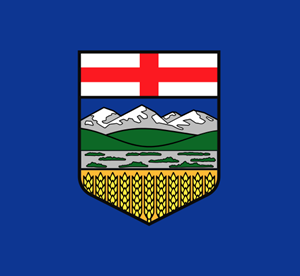 A new system is expected to replace Alberta’s outdated lobbyist registry as early as November. The current system moves slowly, is incompatible with certain internet browsers, and does not produce accurate search results.
A new system is expected to replace Alberta’s outdated lobbyist registry as early as November. The current system moves slowly, is incompatible with certain internet browsers, and does not produce accurate search results.
Lobbyists will need to create new accounts and re-register when the new system opens, as data from the old registry will not be imported. Migrating existing lobbyist data over to the new system would have been more expensive.
Kent Ziegler, the Office of the Ethics Commissioner’s chief administrative officer, believes it is better to start from scratch to ensure accuracy.
July 15, 2016 •
Ottawa, Ontario Lobbying Law Under Review Following Unregistered Lobbyist Investigation
Integrity Commissioner Robert Marleau suggested updates to the city’s lobbying laws after investigating the practices of Sinking Ship Entertainment. The investigation found Sinking Ship Entertainment failed to register as a lobbyist within the 15-day deadline during efforts to sell a […]
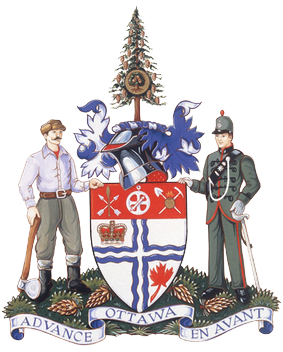 Integrity Commissioner Robert Marleau suggested updates to the city’s lobbying laws after investigating the practices of Sinking Ship Entertainment.
Integrity Commissioner Robert Marleau suggested updates to the city’s lobbying laws after investigating the practices of Sinking Ship Entertainment.
The investigation found Sinking Ship Entertainment failed to register as a lobbyist within the 15-day deadline during efforts to sell a playground conceptual design to the city. The company indicated it was unaware its communications with city staff counted as lobbying. Additionally, city councilors failed to advise the company about the need to register.
Marleau reluctantly gave Sinking Ship Entertainment permission to register its lobbying activity after the fact in order to achieve transparency.
The City Council of Côte Saint-Luc passed a formal resolution stating opposition to proposed changes to Quebec’s Lobbying Transparency and Ethics Act. The council opposes the measure that would require nonprofit groups to register as lobbyists. The resolution is being […]
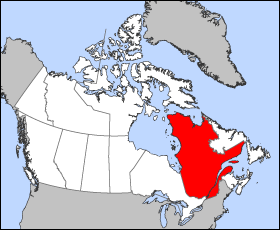 The City Council of Côte Saint-Luc passed a formal resolution stating opposition to proposed changes to Quebec’s Lobbying Transparency and Ethics Act.
The City Council of Côte Saint-Luc passed a formal resolution stating opposition to proposed changes to Quebec’s Lobbying Transparency and Ethics Act.
The council opposes the measure that would require nonprofit groups to register as lobbyists. The resolution is being sent to the Quebec Lobbyists Commissioner and the Minister of Quebec Intergovernmental Affairs.
July 1, 2016 •
Ontario, Canada’s Lobbying Law Amendments Take Effect Today
Today Ontario’s Office of the Integrity Commissioner will begin enforcing a new lobbying law for the province. On December 9, 2014, the Legislative Assembly had passed an omnibus bill with changes to the province’s Lobbyists Registration Act, 1998. The law […]
 Today Ontario’s Office of the Integrity Commissioner will begin enforcing a new lobbying law for the province.
Today Ontario’s Office of the Integrity Commissioner will begin enforcing a new lobbying law for the province.
On December 9, 2014, the Legislative Assembly had passed an omnibus bill with changes to the province’s Lobbyists Registration Act, 1998. The law came into force by proclamation of the lieutenant governor. Schedule 8 of Bill 8, the Public Sector and MPP Accountability and Transparency Act, 2014, gives the Ontario Integrity Commissioner as Lobbyist Registrar new investigative and enforcement power for violations. Individuals found in violation can be prohibited from lobbying for up to two years.
Additional changes include a streamlined registration form for certain companies, a lower threshold registration for in-house lobbyists, and new questions on registration forms.
June 23, 2016 •
Manitoba Sets 2016 Calendar
The first session of the 41st Legislature will adjourn for summer recess on June 30. They will return to session on October 3, 2016, unless members are called back by the speaker. After summer recess, the first session is set […]
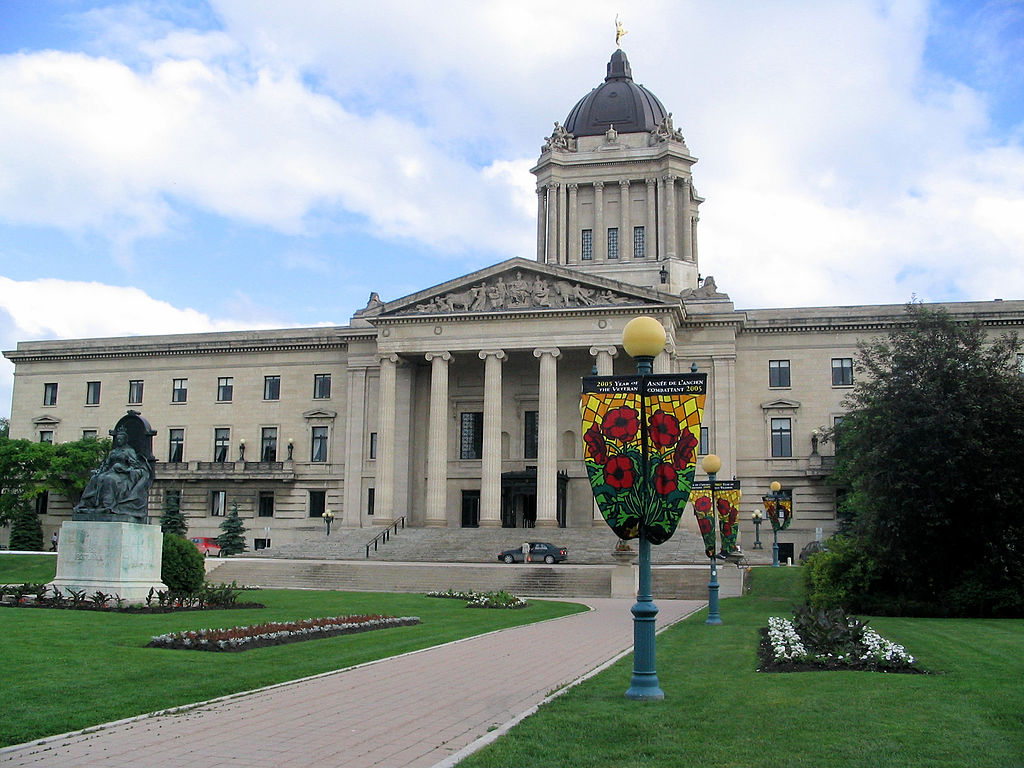 The first session of the 41st Legislature will adjourn for summer recess on June 30. They will return to session on October 3, 2016, unless members are called back by the speaker.
The first session of the 41st Legislature will adjourn for summer recess on June 30. They will return to session on October 3, 2016, unless members are called back by the speaker.
After summer recess, the first session is set to adjourn sine die on November 10, 2016.
The second session of the 41st Legislature will convene on November 21, 2016, with a speech from the throne.
On May 30, legislation to amend lobbying disclosure laws was introduced in the House of Commons. If passed, Bill C-278 would require lobbyists to disclose whether they are funded by a foreign national, a non-resident corporation, or a non-resident organization […]
 On May 30, legislation to amend lobbying disclosure laws was introduced in the House of Commons.
On May 30, legislation to amend lobbying disclosure laws was introduced in the House of Commons.
If passed, Bill C-278 would require lobbyists to disclose whether they are funded by a foreign national, a non-resident corporation, or a non-resident organization and whether grassroots communications will be used in their lobbying efforts.
State and Federal Communications, Inc. provides research and consulting services for government relations professionals on lobbying laws, procurement lobbying laws, political contribution laws in the United States and Canada. Learn more by visiting stateandfed.com.


